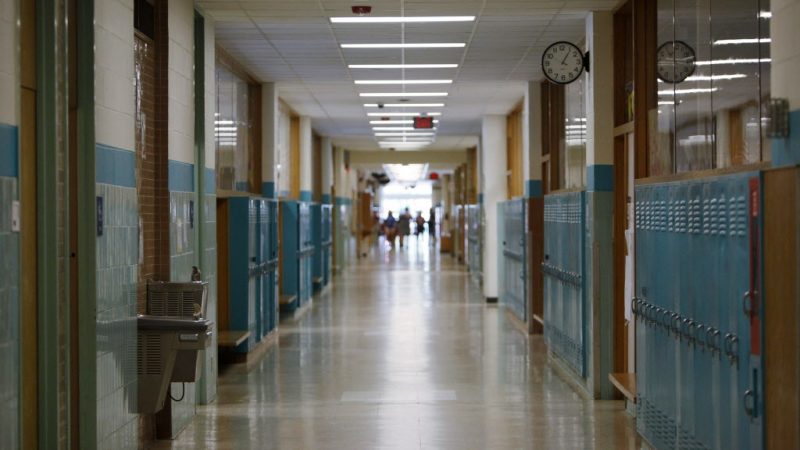State Superintendent Jill Underly announced she will propose a more than $4 billion boost in state aid to DPI, including raising the special education aid reimbursement rate.
The agency sought a $2.5 billion increase during the previous budget cycle, and the Legislature ended up approving just over $1 billion in additional state aid.
While speaking at a news conference at Conrad Elvehjem Pr...
Please log in to access subscriber content.
If you don't have a subscription, please contact schmies@wispolitics.com for subscription options on the WisPolitics-State Affairs platform, which is the new home for WisPolitics subscriber products.


